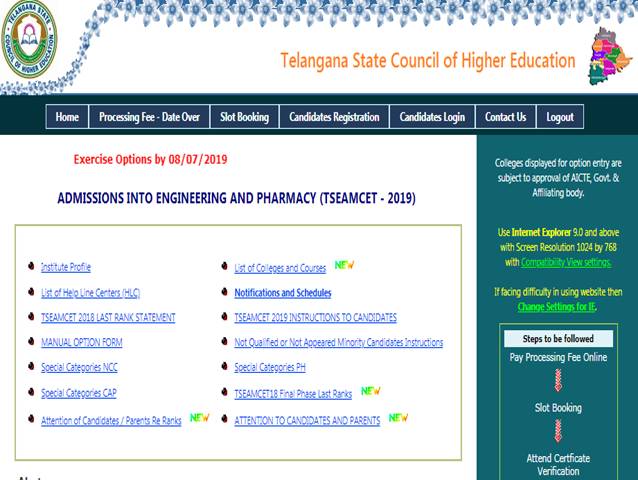Source: telegraphindia.com
s a result of the mushrooming of degree engineering colleges across India as well as West Bengal, at least 60 per cent engineering seats has remained vacant over the past few years. The fact that, due to poor choice of course and college, a huge number of fresh engineers are not getting jobs also has a role to play in this.
However, things are not all bad. If you look at the information about campus placements from the top 10 government and private engineering colleges under Makaut, you will see that usually 50 to 60 per cent students get campus placement even before completing their course. The average marks scored by such students in Class XII is 60 to 75 per cent.
Just for comparison, let us take students with the same range of marks who are studying general courses with honours in any university in West Bengal. Will you see an equivalent percentage of such students getting suitable jobs even after completing a master’s degree? The answer is a big “No”. Furthermore, there is the issue of time. No other course enables students to get a suitable job as fast as engineering does.
The reality is if a student makes the correct choice of engineering course in the right college, it is far easier and quicker for him or her to get a suitable job.
Engineering is, of course, not for everyone. So, who should study engineering?
All aspiring students for computer science (CSE), information technology (IT) and electronics and communication engineering (ECE) must note that almost every company that recruits graduate engineers only allows students who have scored at least 60 per cent marks in both classes X and XII to sit for their recruitment drives, be it campus placement or after graduation.
Students should also remember that just 60 per cent marks is not enough. Proficiency in physics and mathematics is a fundamental requirement to be an employable engineer. At present, major recruiters are looking for engineering graduates with knowledge in artificial intelligence, Internet of things, data science and machine learning from all branches of engineering. These subjects require in-depth knowledge of mathematics.
Aspiring engineering students should also have the mindset for life-long learning. Technology changes rapidly — exponentially so in the software field. Students who desire to choose IT or software as career must be mentally prepared to keep updating themselves throughout their professional lives.
Now comes the question of the engineering discipline you should choose. Now-a-days there is a craze for CSE, IT or ECE. A majority of aspiring engineering students think that it is easier to get placement with a degree in such courses.
In reality, while many recruiters want engineers only from CSE, IT, ECE and applied electronics and instrumentation (AEIE) branches, many others exclusively look for students from electrical, mechanical and civil engineering. The major recruiters in India are TCS, Wipro, Cognizant and Infosys — the IT consulting giants who recruit students from all branches. The engineering services division of TCS recruits a larger number of AEIE, EE and ME students than any core engineering recruiters in India. But for all recruiters, even the companies that recruit students exclusively from electrical, mechanical and civil engineering, knowledge in relevant software is essential as current industry practices are interdisciplinary.
The scope for government jobs is much higher for electrical, mechanical and civil engineering students, especially with the option of joining the prestigious Indian Engineering Service. When it comes to higher studies, it is possible to do an MTech in fields other than the one chosen for BTech. A BTech in mechanical engineering can do an MTech in CSE.
With respect to career stability, keep in mind that the tech industry is changing rapidly. Especially in the field of IT, technology that was in high demand 8-10 years back is now becoming obsolete. So, aspiring engineers must have the mindset to continue life-long self-learning for career stability and growth. And this is doubly true for those who have degrees in CSE, IT or ECE.
Thus the choice of course once again comes down to self-analysis and innate potential of a student.



